Getting Read Matters: International Development Publications | 11 June 2016
 Saturday, June 11, 2016 at 10:28AM
Saturday, June 11, 2016 at 10:28AM


As the Internet has grown, those working in development have responded in kind by broadening access to what they write: publishing online is now routine. There are many platforms out there encouraging transparent publishing - www.archive.org, www.scribd.com, www.slideshare.net, www.academia.edu, www.books.google.com, etc. - making it easy to share.
For decades, international development organizations have run vast publishing and research programmes. But prior to the Internet, it was just not possible to access this material and the knowledge and data within without a trip to the library or a UN HQ. The Internet has made it much easier to find out what is out there but there is still the thorny issue of "is anyone reading this stuff?". One survey unearthed a problem: many publications were being read by a very small audience, or nobody at all.
A survey in 2014 of the World Bank's publications, for example, produced a shocking result: it found a third of their publications are never downloaded, 40 per cent were downloaded just 100 times, and only 13 per cent were downloaded more than 250 times in their lifetime (The Washington Post). As The Washington Post pointed out, these are publicly funded publications with the intention of contributing to policy debates and providing solutions to the world's problems. So, if nobody is reading them, or just a handful are, that actually does matter if you care about positive change in the world.
We pride ourselves on creating publications that actually get read. It is risky: when you inspire people, they may just act on what you write. The gatekeepers of development knowledge have developed many ways to uninspire people: they bury documents in jargon and obfuscation, they don't bother telling anyone about a publication, they charge people who can least afford to pay for the publication first-world, dollar prices. Or, as has happened more and more these days, they contact Google to try and get publications obliterated from search engines, so nobody can find them in the first place.
We draw on experience gleaned from working with complex organizations staffed by highly educated people doing complicated things. This has included working on the UN's communications during a severe crisis in late 1990s Mongolia, transforming online access to child health resources for the UK's NHS, and championing innovation across the global South.
The Scribd platform is used by many public bodies to archive documents. It is as good a place as any to make a comparison. So, how do our various resources compare when it comes to communicating on the topics of innovation/innovators, human development and the global South?
How has Southern Innovator's first five issues faired on Scribd?:
And if we search using the words 'global South innovator', we can compare Southern Innovator with other publications and see how many views each has had:
In 1997 I worked as the Managing Editor for the first Mongolian Human Development Report while serving as Head of Communications for the UN in Mongolia. Read more about this project here: http://www.davidsouthconsulting.com/case-studies/human-development-report-mongolia-1997.html. It still attracts readers all these years later.
Southern Innovator has become one of the most viewed resources on Scribd for UNDP and innovators, human development and innovators, and global South and innovators.
Southern Innovator Impact Summary 1: http://www.slideshare.net/DavidSouth1/handout-flyer-finalaug14cropmarks
Southern Innovator Impact Summary 2: http://www.slideshare.net/DavidSouth1/si-impact-summaryjan2014final
 Mongolia 1997,
Mongolia 1997,  South-South Solutions,
South-South Solutions,  Southern Innovator,
Southern Innovator,  UNDP,
UNDP,  UNOSSC,
UNOSSC,  United Nations,
United Nations,  World Bank,
World Bank,  human development report,
human development report,  jargon,
jargon,  knowledge,
knowledge,  knowledge sharing,
knowledge sharing,  publications in
publications in  21st century,
21st century,  Cosmas Gitta,
Cosmas Gitta,  David South Consulting,
David South Consulting,  GSSD,
GSSD,  GSSD Expo,
GSSD Expo,  Geopolitics,
Geopolitics,  Health and Human Development,
Health and Human Development,  International Development,
International Development,  Knowledge Sharing,
Knowledge Sharing,  Media,
Media,  Millennium Development Goals,
Millennium Development Goals,  Mobile Phones and Information Technology,
Mobile Phones and Information Technology,  Southern Innovator,
Southern Innovator,  Sustainable Development Goals,
Sustainable Development Goals,  UNOSSC
UNOSSC 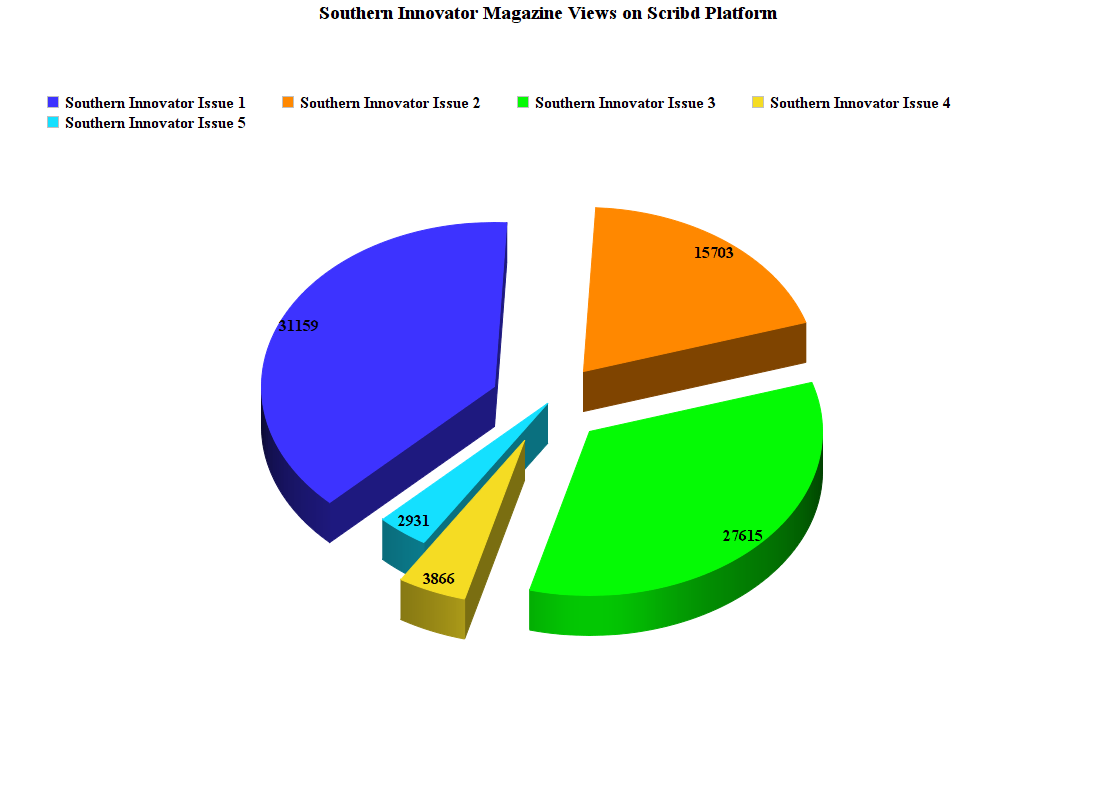
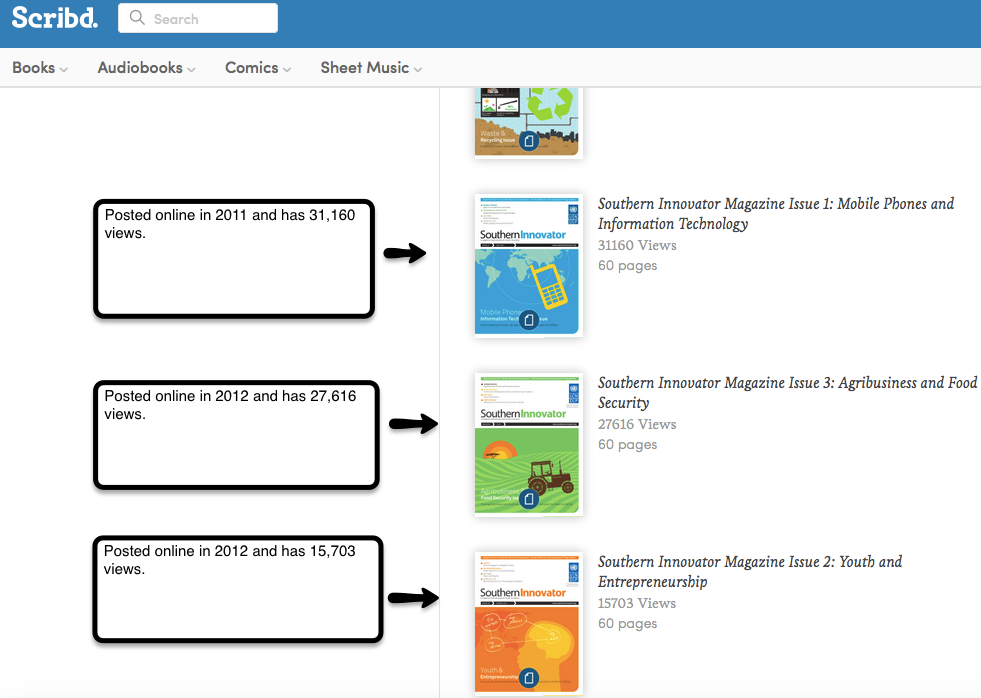
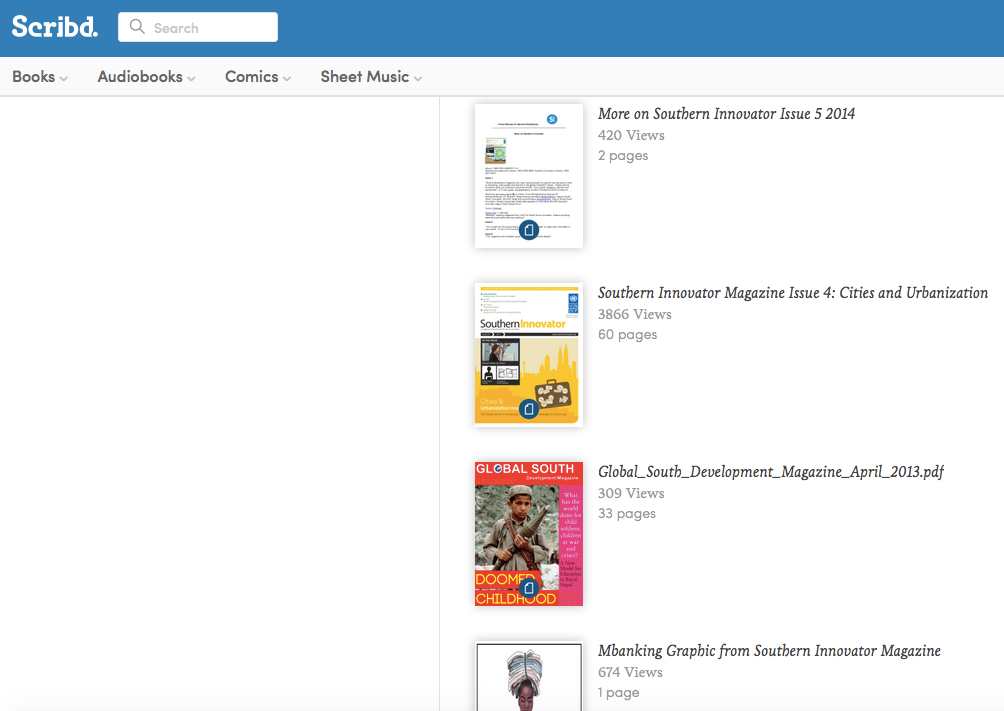
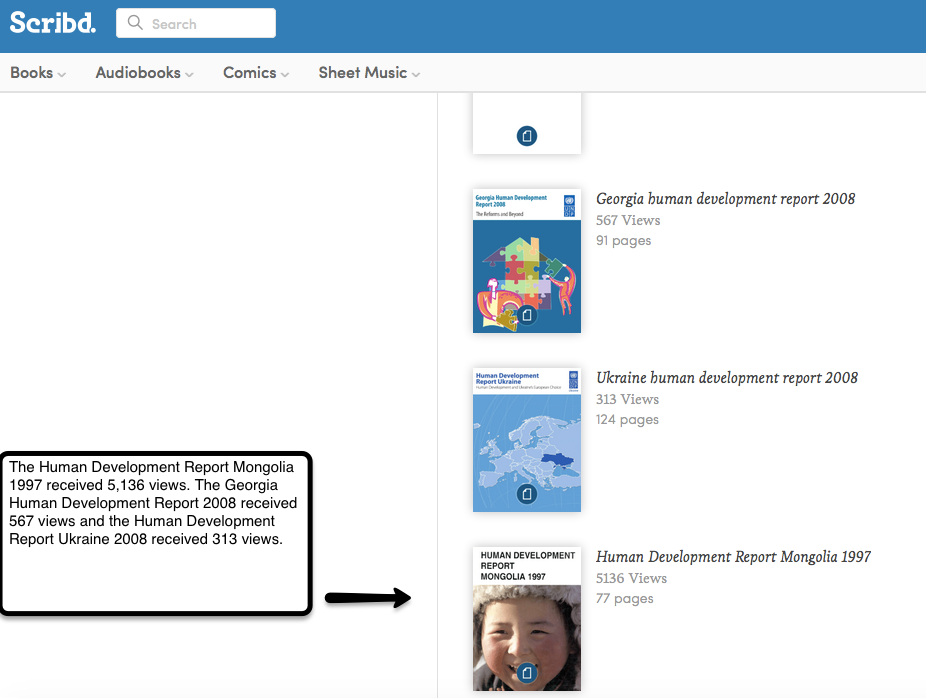
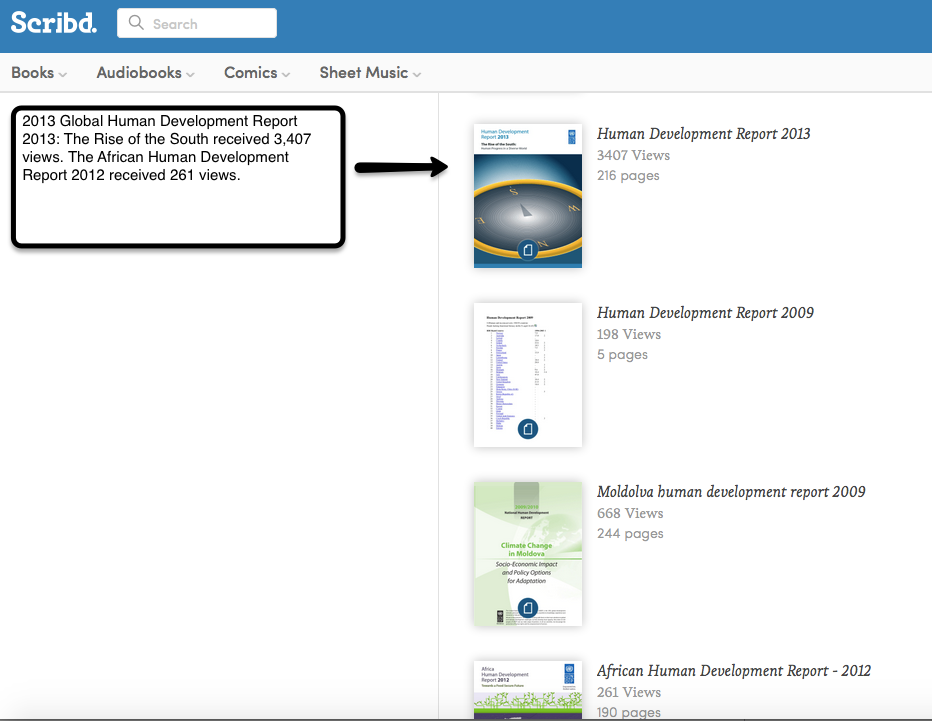
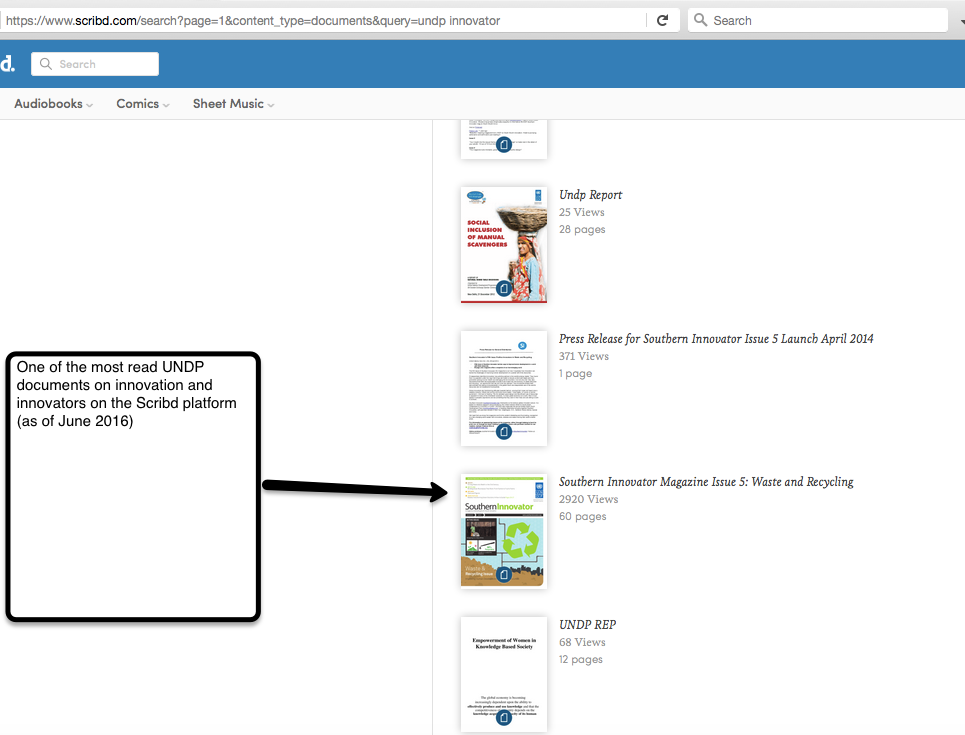
Reader Comments